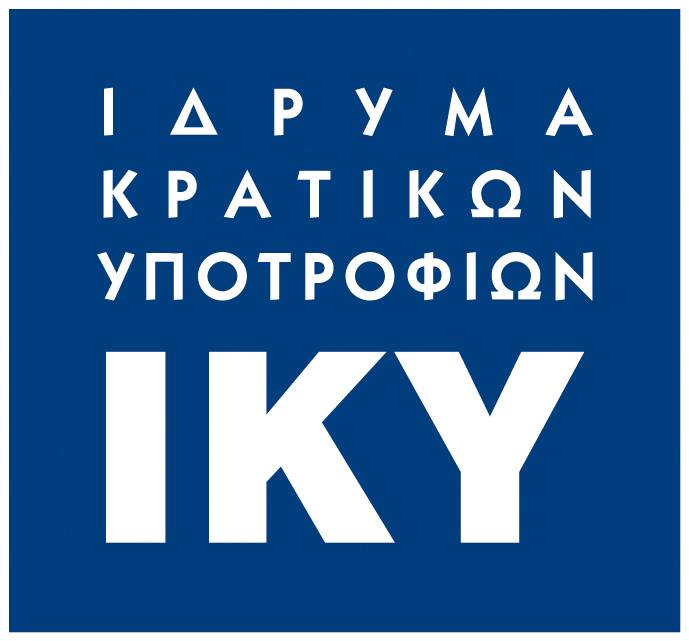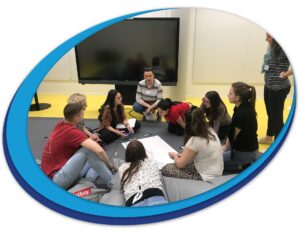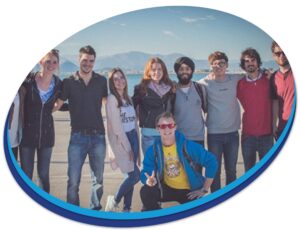Long–term student mobility
Students can participate in physical mobility for studies and/or traineeships for a period of 2 to 12 months in total, excluding travel time, per cycle of study (bachelor, master, doctoral level) from the 1st year of studies.
Short-term student mobility
Any student, in particular those who are not able to participate in a long-term physical mobility for studies and/or for traineeships, for example, due to their study field or because they have fewer opportunities for participation, may combine a short-term physical mobility with a compulsory virtual component (blended short-term mobility).
Physical mobility must last between 5 and 30 days (excluding travel time) and be combined with a compulsory virtual component (e.g. online learning and remote teamwork).
A blended short-term mobility for studies must award a minimum of 3 ECTS credits.
INDIVIDUAL SUPPORT GRANT for physical mobility abroad (for any EU Member States and third countries associated with the Programme or third country not associated with the Programme).
Mobility for doctoral candidates
Doctoral candidates and recent graduates (“post-docs”) can undertake short-term or long-term study or traineeship mobility periods abroad. The eligible duration of the mobility is between 5 and 30 days for short-term mobility and between 2 and 12 months for long-term mobility (optionally, combined with a virtual component).
Staff mobility for teaching and training
Staff mobility can be carried out by staff working in HEIs under any employment relationship or by invited staff from outside the HEIs. The mobility activity must be related to the staff’s professional development and address their learning and personal development needs.
A staff mobility period abroad can combine teaching and training activities. Any teaching or training period abroad may be carried out as a blended mobility.
Individual support grant
The grant amount awarded to staff to cover the costs of individual support in the framework of teaching or training mobility is calculated based on the duration of the teaching or training period.
Individual support grant
The grant amount awarded to staff to cover the costs of individual support in the framework of teaching or training mobility is calculated based on the duration of the teaching or training period.
Blended Intensive Programmes (ΚΑ131)
These are short, intensive programmes that use innovative ways of learning and teaching, including the use of online cooperation. The programmes may include international educational activities where transnational and transdisciplinary teams work together to tackle challenges for example those linked to the United Nations’ sustainable development goals or other societal challenges identified by regions, cities or companies.
Blended intensive programmes aim to reach all types of students from all backgrounds, study fields and cycles.
Additional grant support for people with fewer opportunities / Inclusion support for participants
Higher education institutions having selected students and/or staff with fewer opportunities can apply for additional grant support to the National Agency to cover the supplementary costs for the participation of people with fewer opportunities in the individual mobility activities. Students with fewer opportunities are entitled to a top-up amount to the monthly support received by students participating in long-term mobility for studies or traineeship with an amount of 250 EUR per month and a lump sum amount of 100 EUR or 150 EUR (on a per case basis) on the grant received by students participating in short-term mobility for studies or traineeship respectively.







